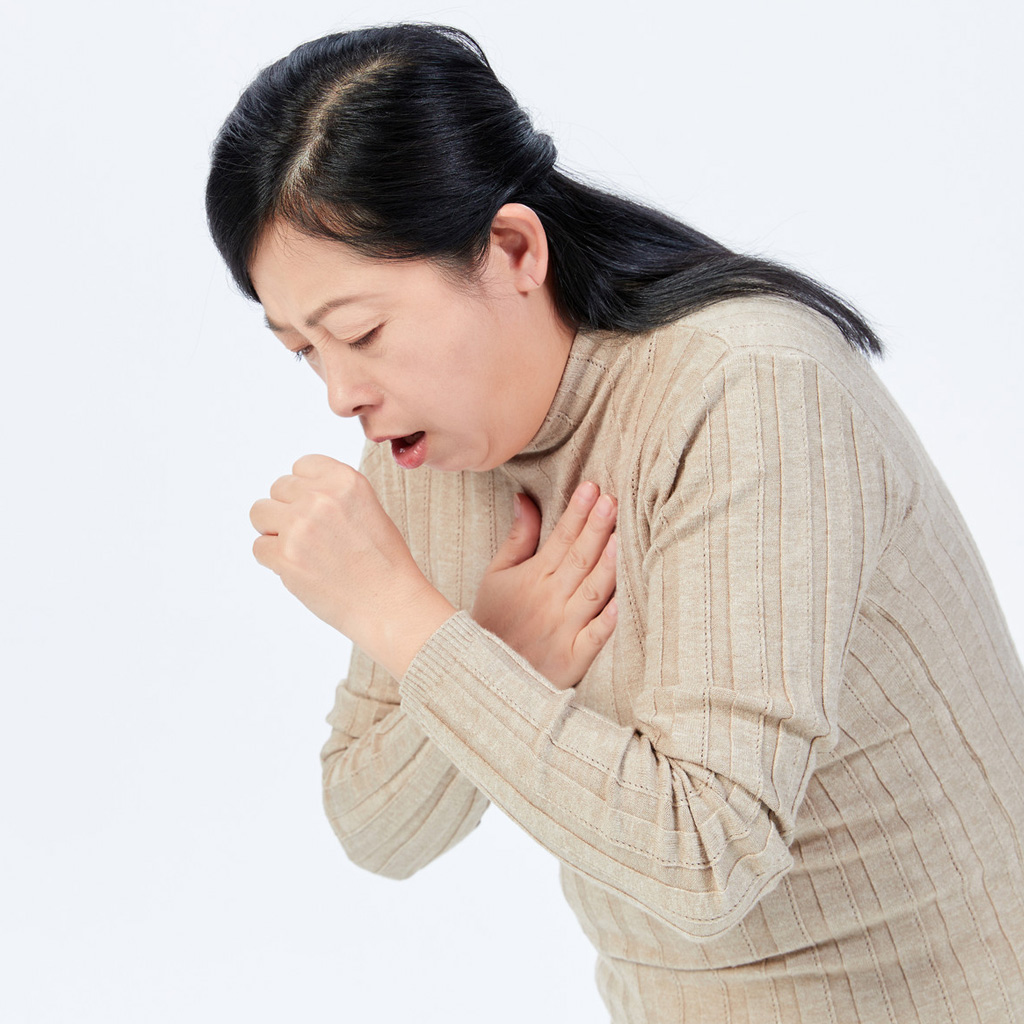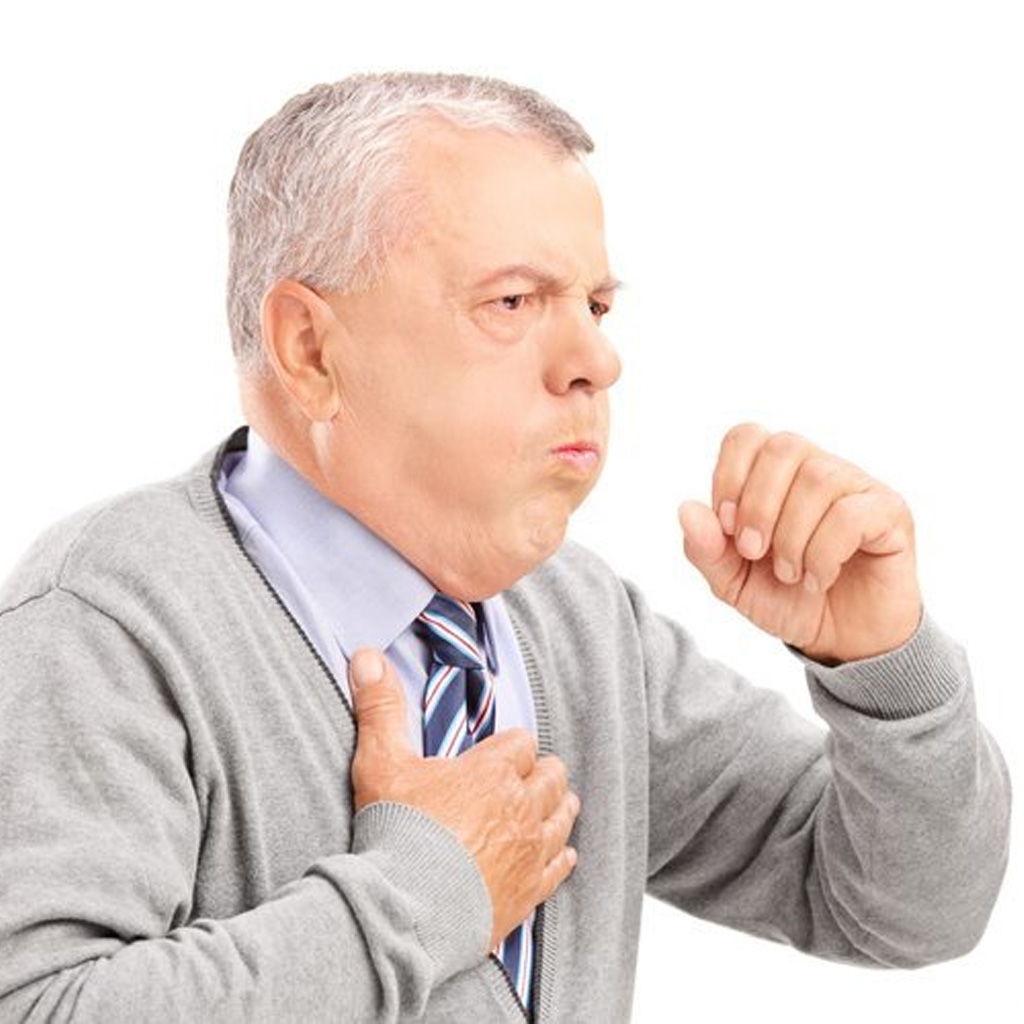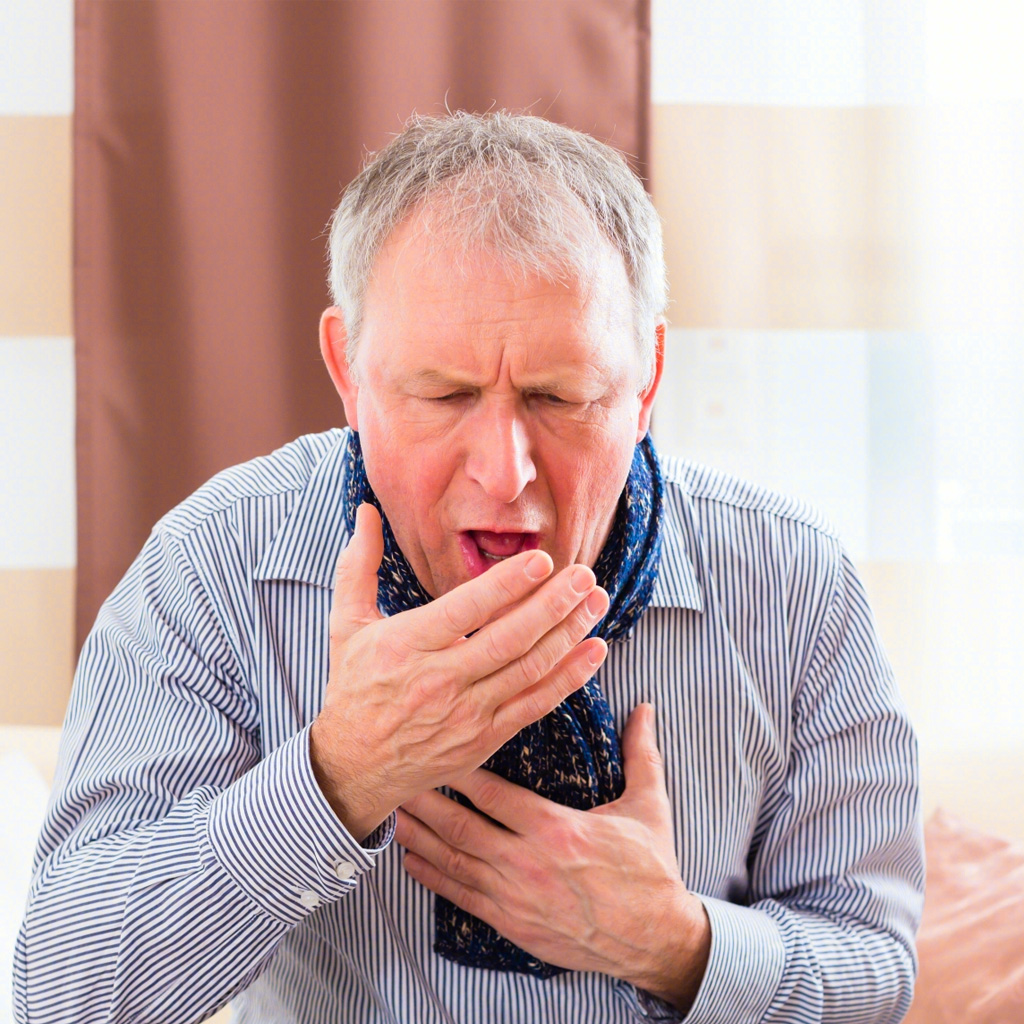Free Fire: Becoming the Hottest Tactical Competition Game in the US After Its Success in Southeast Asia and Latin America
Supercell‘s sixth mobile game "Rush Wars" is now in beta
How to Get More RP in League of Legends (LOL)
Mario Kart Tour Races to $200M revenue and 200M Downloads
What do you Know About Credit Scores!
Angry Birds Journey Soft Launch Takes Flight
Most people do not notice lung cancer symptoms in the early stages. Symptoms usually become apparent only when the cancer metastasizes. A few signs and symptoms include unexplained weight loss, fatigue, and difficulty breathing.
Early-stage lung cancer may sometimes produce indistinct or subtle symptoms. However, any such symptoms are generally attributed to other health issues or smoking habits.
Lung cancer treatment is more efficacious during its early stages. It’s important that you identify symptoms quickly in order to get a diagnosis as soon as possible.
Potential early signs and symptoms of lung cancer
According to the American Cancer Society, most lung cancers do not show signs until they have spread. Few experience some subtle indications at the beginning stages. These symptoms are usually due to other causes. But if you have them, it’s wise to see your doctor as a precaution.
Sudden weight loss
Unexplained weight loss is a common sign of lung cancer. A study in 2018 looked at, 180 adults with lung or gastrointestinal cancer.
It found that 34.1% of these people had lost weight by the time they were diagnosed. The study also found that weight loss before treatment was linked to lower survival rates.
Cancer can cause weight loss for several reasons:
●Loss of appetite
●Changes in immune function
●Changes in metabolism
●Hormonal changes
●Side effects from chemotherapy, like nausea and vomiting
●Side effects from radiation therapy, such as trouble swallowing
●Reduced ability to absorb nutrients

Shortness of breath and persistent coughing
One of the most common symptoms of lung cancer is shortness of breath and wheezing. For a few, they will have some difficulty breathing but no cough at all. Others might also experience a persistent cough along with it.
If a persistent cough lasts for more than 3 weeks, it may be a sign of lung cancer. Many people think smoking is to blame for such prolonged coughs. However, a 2018 study found no association between smoking, stage of cancer, and severity of coughing.
Severity varies depending on how bad the cancer has become. If you are having a persistent or chronic cough with expectorant that contains blood, chances are you have got lung cancer or another problem within your lungs. It is important to see a physician if you have this symptom.
Fatigue and Pain
Fatigue is another common symptom for lung cancer. THere are several things that can cause fatigue, including:
●Tumor growth
●Anemia, which means that there is not enough red blood cells to carry oxygen.
●Problems with sleeping caused by the disease.
●Pain
●Poor nutrition
The presence of any of these symptoms makes it hard to perform daily activities comfortably.
As mentioned before, the majority of lung cancer patients do not feel pain at the beginning stages. This is due to the lungs having very few nerve endings. If a tumor spreads into the ribs, chest wall, spine, or nerves, the patient might start feeling pain.
For example, pancoast tumors situated at the top of the lungs usually invade adjacent tissues and cause shoulder pains. Other areas where pain can develop as the tumor enlarges include the chest, and neck. Coughing or laughing usually makes chest pain worse.
Hoarseness is one of the symptoms of lung cancer or other respiratory disorders. This happens when a tumor affects the laryngeal nerve in the torso. When this nerve gets compressed, it may paralyze a vocal cord, resulting in raspy voice or its alteration.
Horner syndrome
Horner syndrome can be caused by Pancoast tumors in the upper lungs. These tumors affect nerves that go to the eyes or face. Horner syndrome affects one eye or one side of the face. The symptoms include:
●Drooping of the upper eyelid
●A smaller pupil
●Less sweating on the face
If lung cancer spreads, it can also cause other eye problems. These may include blurry vision, pain, and vision loss.

Finger Clubbing
A less common symptom of lung cancer is finger clubbing. The symptoms of these conditions include:
●Fingers and toes that become more convex
●Enlarged, rounder finger tips
●Curved fingernails
Finger clubbing may be seen in 5% to 15% of all lung cancer patients. The exact cause is unknown. It could be a result of hypoxemia, which alters the tissues.
Hypercalcemia
Hypercalcemia happens when there is too much calcium in the blood. It can be caused by tumors that release hormones affecting bones and calcium absorption.
Since hypercalcemia impacts the whole body and can be linked to other conditions, doctors might not recognize it as a lung cancer symptom right away. Signs of hypercalcemia include:
●Nausea and vomiting
● Stomach pain
●Constipation
●Frequent urination
●Fatigue

Potential risk factors for lung cancer
Contrary to some studies that have been done recently, experts still agree that smoking cigarettes is the largest risk factor for lung cancer. According to the Centers for Disease Control and Prevention, smoking causes about 80% to 90% of deaths from lung cancer.
Experts use the term “pack-year” as a measure of smoking risk. A pack-year means the number of cigarettes that you have smoked daily in a year. For example, someone with a history of 30 pack-years might have:
●One pack per day for thirty years
●Two packs per day for fifteen years
Other risk factors include:
●Use of other tobacco products such as cigars or pipe tobacco
●Breathing in second-hand smoke
●Exposure to radon gas working with harmful substances like asbestos, arsenic or diesel.
●Residing in areas where pollution is high
●Other lung conditions such as chronic obstructive pulmonary disease (COPD)
●A family history of lung cancer
Lung cancer often doesn’t cause symptoms until it has spread, which can delay diagnosis and treatment. Some people might have subtle symptoms early on, and recognizing these can lead to more effective treatment.
If you have any symptoms of lung cancer, see a doctor. Although symptoms might be due to another health issue, it’s important to get medical advice to rule out cancer.